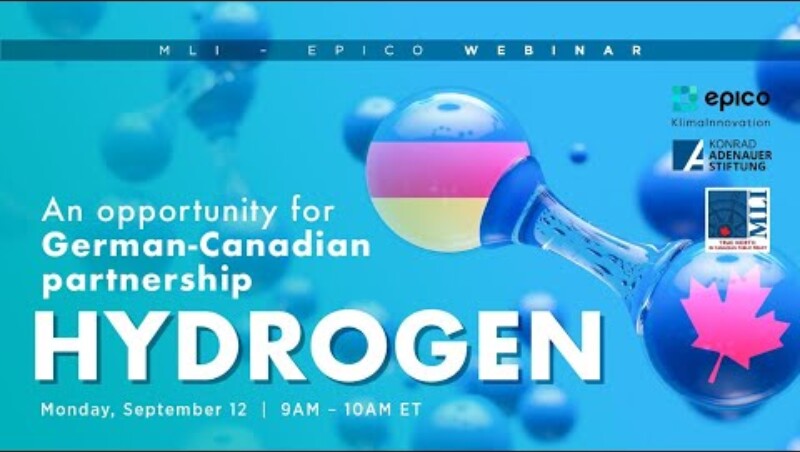On August 23, 2022, German Chancellor Olaf Scholz and Canadian Prime Minister Justin Trudeau signed a Joint Declaration of Intent to establish a German-Canada Hydrogen Alliance. The Joint Declaration marks a new milestone in efforts to establish H2 as a medium-term solution to Germany’s energy needs, as the country advances the Energiewende (energy transition towards green energy) and is a great opportunity for both countries, as well as for the rest of the world, to seriously kick off a cross border H2 ramp up.
The main driver is favourable conditions to produce H2 in a cost-efficient way. Even if Canada is increasingly unlikely to provide any liquified natural gas (LNG) to the continent, there is time and political support on both sides to develop H2 exports.
In Germany, the 2045 target (initially counting on sufficient natural gas), coupled with the war in Ukraine called for the need of speeding up the transition.
- The 10 GW of domestic electrolysis capacity envisaged by the German government by 2030 will not be able to meet the predicted hydrogen demand of 90-110 TWh or 2700- 3300 Mt.
- Imports will, therefore, have to cover the major part of the expected demand by 2030. This is why Germany has a vital interest in establishing new energy partnerships and deepening existing ones.
- These partnerships need to be embedded in a conducive hydrogen import strategy including instruments to activate the market ramp-up for imports of hydrogen and its derivatives to Germany and Europe in the short-term.
Our takeaways are:
- Germany and the EU need to be clear about the fact that we will need to import most of our H2 needs
- A comprehensive H2 import strategy is key
- Need to decide on the role of blue H2 in the ramp up phaser
- Import guarantees from the German side is key instrument in global competition for scarce h2
On the side of the EU, regulatory hurdles are impeding, such as a non-pragmatic colour coding and the lack of a well thought out strategy.
This paper was prepared by EPICO together with Macdonald-Laurier Institute supported by Konrad-Adenauer-Foundation Canada. The paper is available in English here.

External Content from YouTube
Please see the privacy policy of YouTube if you are loading external content.
